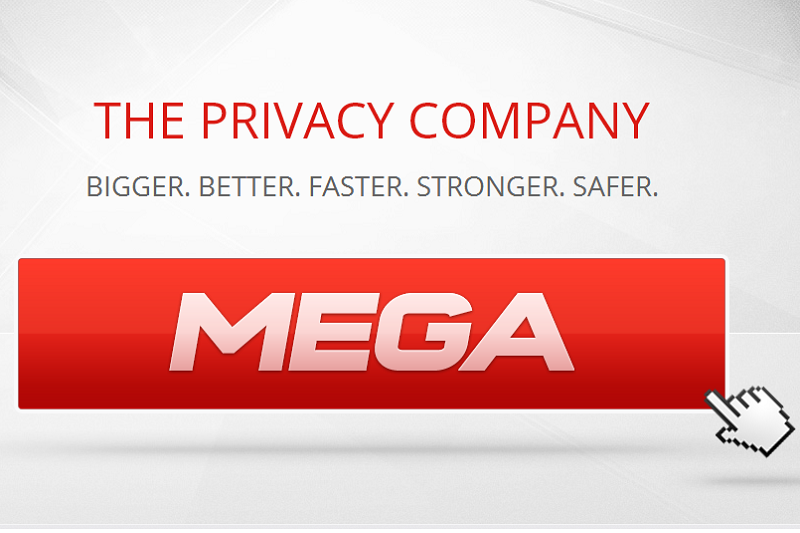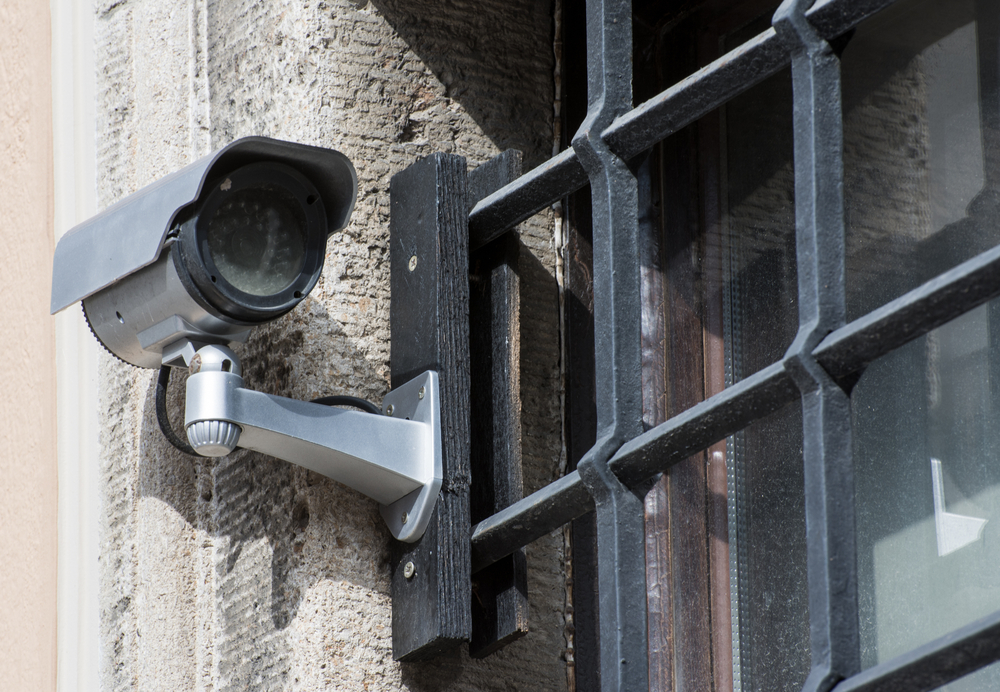Warner Bros. and NBC Universal want Mega blocked by Google
Hollywood studios claims file-sharing site is infringing copyright.

Warner Bros. and NBC Universal have asked Google to block notorious file-sharing websites such as Mega from search results to help cutdown on piracy.
The two Hollywood studios have filed takedown claims under the Digital Millennium Copyright Act in relation to the films Gangster Squad and Mama.
NBC claims to have found 5,857 links, which offer users the chance to illegally download the 2013 horror film Mama. There are 35 links to the file-sharing site Mega, which was launched by internet mogul, Kim Dotcom, in January.
Meanwhile Warner Bros. alleges there are 404 links to download Gangster Squad. There are no specific links to Mega, with the studio simply asking Google to block the file-sharing site's homepage.
Dotcom claims blocking the homepage would be unreasonable, and that content providers are abusing their rights under the DMCA.
"During the Megaupload days over 20 per cent of all takedown notices were bogus. We analysed big samples of notices and most were automated keyword-based takedowns that affected a lot of legitimate files," Dotcom told TorrentFreak.
"The abuse of the takedown system is so severe that no service provider can rely on takedown notices for a fair repeat infringer policy."
Get the ITPro daily newsletter
Sign up today and you will receive a free copy of our Future Focus 2025 report - the leading guidance on AI, cybersecurity and other IT challenges as per 700+ senior executives
When launched in January, Mega claimed that users who joined the site would automatically agree to absolve the company of any responsibility if copyright laws are broken. However, Hollywood studios clearly feel the site is not doing enough and is still a prime source for copyrighted material.
-
 Asus ZenScreen Fold OLED MQ17QH review
Asus ZenScreen Fold OLED MQ17QH reviewReviews A stunning foldable 17.3in OLED display – but it's too expensive to be anything more than a thrilling tech demo
By Sasha Muller
-
 How the UK MoJ achieved secure networks for prisons and offices with Palo Alto Networks
How the UK MoJ achieved secure networks for prisons and offices with Palo Alto NetworksCase study Adopting zero trust is a necessity when your own users are trying to launch cyber attacks
By Rory Bathgate
-
 New malware uses search engine ads to target pirate gamers
New malware uses search engine ads to target pirate gamersNews MosaicLoader uses advanced obfuscation techniques to avoid detection
By Danny Bradbury
-
 US big tech suffers as federal privacy bill delayed
US big tech suffers as federal privacy bill delayedNews Firms must comply with California's strict data laws in lieu of a federal bill
By Erin Paulson
-
 Liberty defeated in ‘snooper’s charter’ legal challenge
Liberty defeated in ‘snooper’s charter’ legal challengeNews High court rules the government’s Investigatory Powers Act doesn’t breach human rights
By Keumars Afifi-Sabet
-
 Premium email firm Superhuman ends pixel tracking after backlash
Premium email firm Superhuman ends pixel tracking after backlashNews The email plugin startup removed read receipts by default after accusations of surveillance
By Bobby Hellard
-
 GDPR is not enough to win back customer trust
GDPR is not enough to win back customer trustIn-depth When it comes to building new services, industry experts believe there should be a collective responsibility for data security
By Mark Samuels
-
 UK Prisons trial facial recognition to stop drug smugglers
UK Prisons trial facial recognition to stop drug smugglersNews Biometric technology used to catch visitors supplying contraband
By Bobby Hellard
-
South Wales Police given ultimatum to drop facial recognition tech
News Ex-councillor Ed Bridges has given the force two weeks to drop tech that "violates privacy rights"
By Bobby Hellard
-
 Facebook suspends hundreds of apps for misusing user data
Facebook suspends hundreds of apps for misusing user dataNews An internal investigation into data misuse by Facebook apps has led to a raft of suspensions
By Tom McMullan